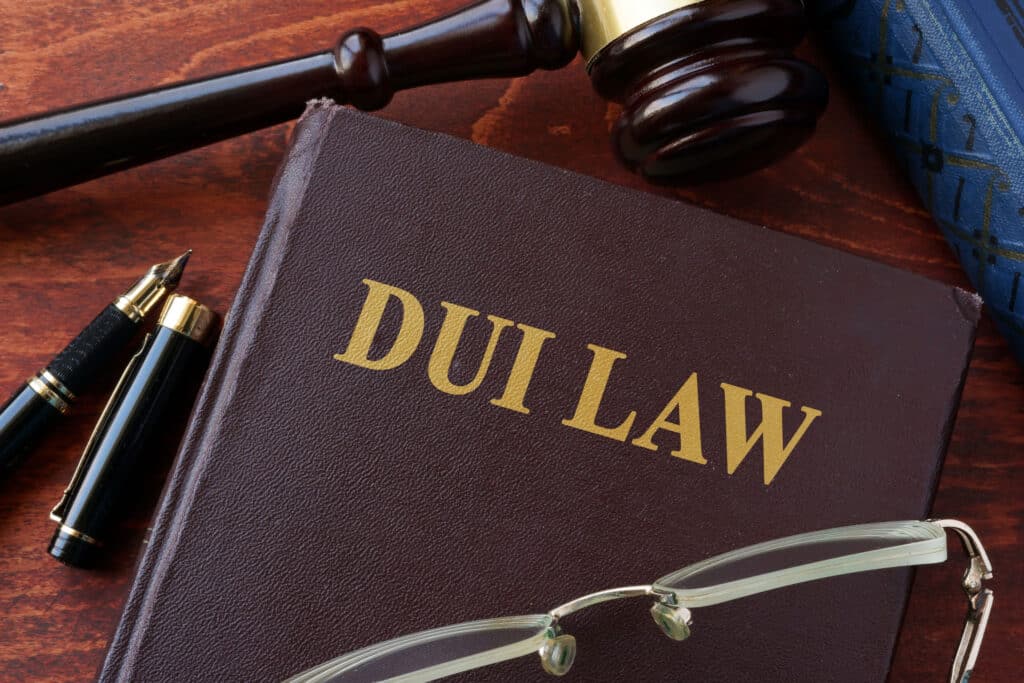Challenging Field Drug Tests in Colorado Cases
April 14, 2025

Posted by: Jacob E. Martinez
Category: Drunk Driving | DUI | DUI Per Se | DUID | DWAI | Express Consent
Colorado DUI charges are serious business. These charges can lead to severe penalties such as a suspended license, fines and fees, and even jail time. You may even lose your driving privileges altogether.
It’s crucial to understand how DUI laws work in Colorado, including the idea of express consent since it can have a bearing on your case in court.
Here’s what you need to know to make sure you have the information you need to fight a Colorado DUI charge.
If Colorado there are three separate classifications of impaired driving. They are DUI, DWAI, and DUI per se. Learn more about each below.
This is driving under the influence of drugs, alcohol, or a combination of both. A person is thought to be under the influence of drugs or alcohol if there is a substantial impairment that impacts the ability of a person to drive a vehicle safely.
If the blood alcohol level of the person driving is above .08 percent, then it’s assumed that the person was under the influence of alcohol.
This is driving while ability impaired by drugs, alcohol, or a combination of both. To be ability impaired means that the driver was only slightly impaired. This usually means a blood alcohol level of less than .08 percent but higher than .05 percent.
This is when a vehicle is operated with a blood alcohol level of .08 percent or higher. To be convicted of a DUI per se, no proof is required that the driver was impaired as long as their blood alcohol level was above the legal limit.
Under Colorado’s impaired driving laws, “to drive” or “drove” means that a person exercises/exercised physical control over a vehicle. The vehicle doesn’t have to be moving for this to be true.
So you can be convicted of a DUI, DUI per se, or DWAI without ever actually driving a vehicle – being behind the wheel with the key in the ignition may be enough.
In Colorado, express consent is a law that requires you to submit to a blood test or Breathalyzer test if an officer has probable cause to suspect you for a DUI or DWAI. You have two hours after an arrest to comply with this request.
If you refuse, then you will receive an automatic suspension of your license for one year and an interlock ignition device will be installed in your vehicle for two years after you get your license reinstated.
In Colorado, you have been considered to give your express consent if you simply drive a vehicle, so fighting to get your license reinstated after a refusal to take a chemical test can be difficult.
If you are charged with a DUI or DWAI in Colorado, there are a few options you can work with an experienced attorney on to mount a proper defense. A few of the most common and effective defenses against a DUI include:
If you had no choice but to get behind the wheel of your car after drinking in order to prevent a “greater evil,” then that’s a valid defense against a DUI. You will need to prove that you had no other choice to do so and that the worse scenario you wanted to avoid was far more serious and could cause more harm than a DUI.
If you can prove that an officer encouraged you to become intoxicated or drive while under the influence of alcohol, then you can mount a defense known as entrapment. You must be able to prove in court that you would not have driven drunk if not for the entrapment.
If you ingested alcohol without knowing it, then that can be an effective defense against a DUI. For example, if you were at a party and drank punch that was “spiked” with alcohol but you were not aware of it, then you may be able to claim this defense.
If you decided to drive while under the influence of alcohol in order to avoid death or serious injury, then you may be able to claim that you drove intoxicated under duress. An example would be someone who was made to drive by force or threat even though they were intoxicated.
It is a legitimate defense to claim that you honestly believed you were not intoxicated. This is mostly used to defend against DUI or DWAI offenses for driving under the influence of drugs since you can claim that you honestly believed the effects of a prescription had worn off by the time you got behind the wheel of the car.
About the Author:
Denver-based criminal defense and DUI attorney Jacob E. Martinez is a knowledgeable and experienced litigator with a record of success providing innovative solutions to clients facing criminal charges of any severity. Mr. Martinez has been recognized by countless legal organizations for his exemplary defense work, including Avvo, Best DWI Attorneys, Expertise, Lawyers of Distinction, The National Trial Lawyers, and others. He was also named one of the 10 Best in Client Satisfaction in Colorado by the American Institute of Criminal Law Attorneys for 2020 and is Lead Counsel rated.
Jury Trial - Not Guilty
Jury Trial - Not Guilty
Arapahoe 1st Degree Assault/Vehicular Assault
Jury Trial - Not Guilty
Denver Domestic Violence Assault Case
Jury Trial - Not Guilty
Denver D.V. Assault
Jury Trial - Not Guilty
Denver Careless Driving Resulting in Death
Jury Trial - Not Guilty
Jefferson County Felony Menacing
Jury Trial - Not Guilty
Adams County DUI
Jury Trial - Not Guilty
Jefferson County DUI
Jury Trial - Not Guilty
Jefferson County DUI
Jury Trial - Not Guilty
Jefferson Vehicular Assault/DUI
Jury Trial - Not Guilty
Jefferson County DUI
Jury Trial - Not Guilty
Boulder County DUI case
Jury Trial - Not Guilty
Arapahoe County DUI case
Jury Trial - Not Guilty
Adams County DUI case
Jury Trial - Not Guilty
Douglas County DUI case
Jury Trial - Not Guilty
Gilpin County DUI case
Dismissed
Broomfield County Probation Revocation case
Dismissal
Arapahoe County DUI case
Deferred Judgment
Arapahoe County DUI case
Deferred Judgment
Douglas County DUI case
Deferred Judgment
Larimer County DUI case
Deferred Judgment
Arapahoe County DUI Case
Deferred Judgment
Denver Felony Burglary Case
Deferred Judgment
Arapahoe County DUI case
Dismissed
Arapahoe County Protection Order Case
Dismissed
Golden Destruction of Property case
Dismissed
Jefferson County Protection Order case
Dismissed
Jefferson County Domestic Violence case
Dismissed and Sealed
Jefferson County DUI case
Dismissed
Denver Major Traffic Offense case
Dismissed and Sealed
Broomfield County Domestic Violence case
Dismissed
Summit County DUI Revocation
Dismissed
Denver DUI Revocation
Dismissed
Denver DUI Revocation
Dismissed
Denver DUI +.2 Involving Accident and Injury case
Dismissed
Denver DUI/Habitual Traffic Offender case
DISMISSAL
Denver District Aggravated Theft
Dismissed
Greenwood Village Assault case
Dismissal
Elbert County DUI
Dismissed
Arapahoe County Domestic Violence case
Dismissal
Jefferson County DUI
Dismissal
Denver Municipal Assault
Dismissed
Boulder County Domestic Violence Assault case
Dismissed
Wheat Ridge Assault case
Dismissed
Jefferson County DUI case, with 2+ Prior Convictions
Dismissed
Arapahoe County Domestic Violence case
Dismissed
Broomfield County Domestic Violence case
Dismissed with No Charges Filed
Jefferson County Felony Theft case
Dismissed
Arapahoe County Felony Theft case
Dismissed
Boulder County Felony Theft case


